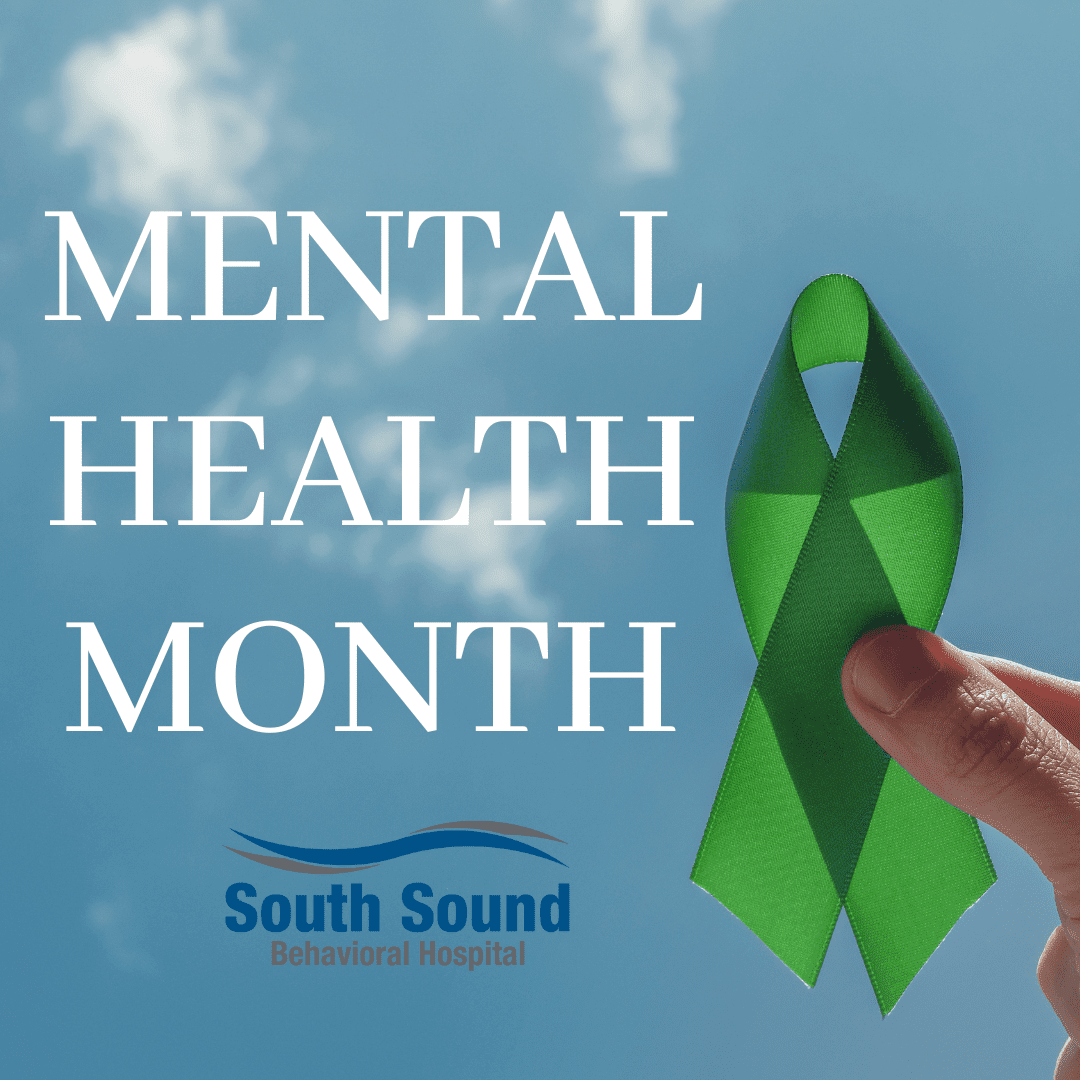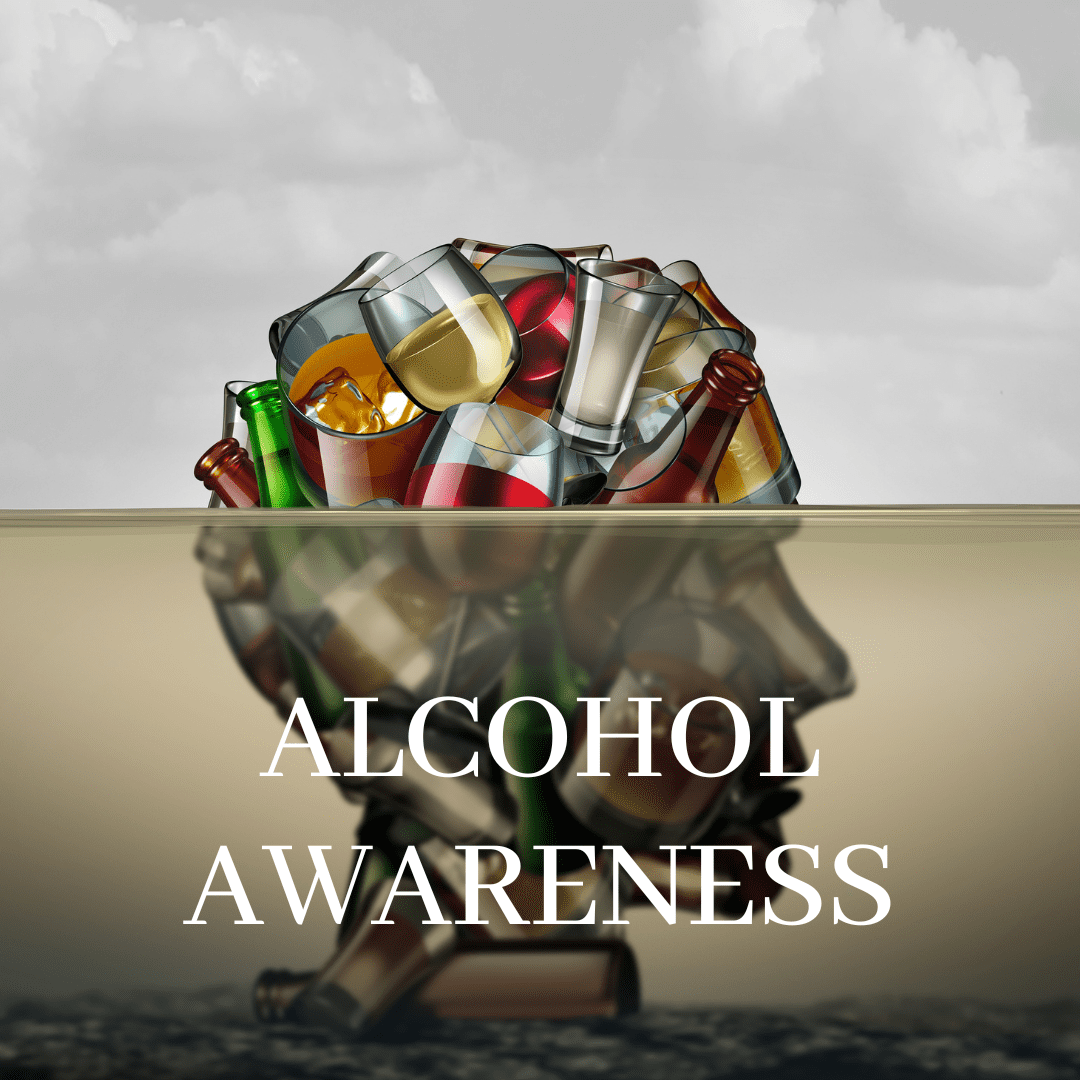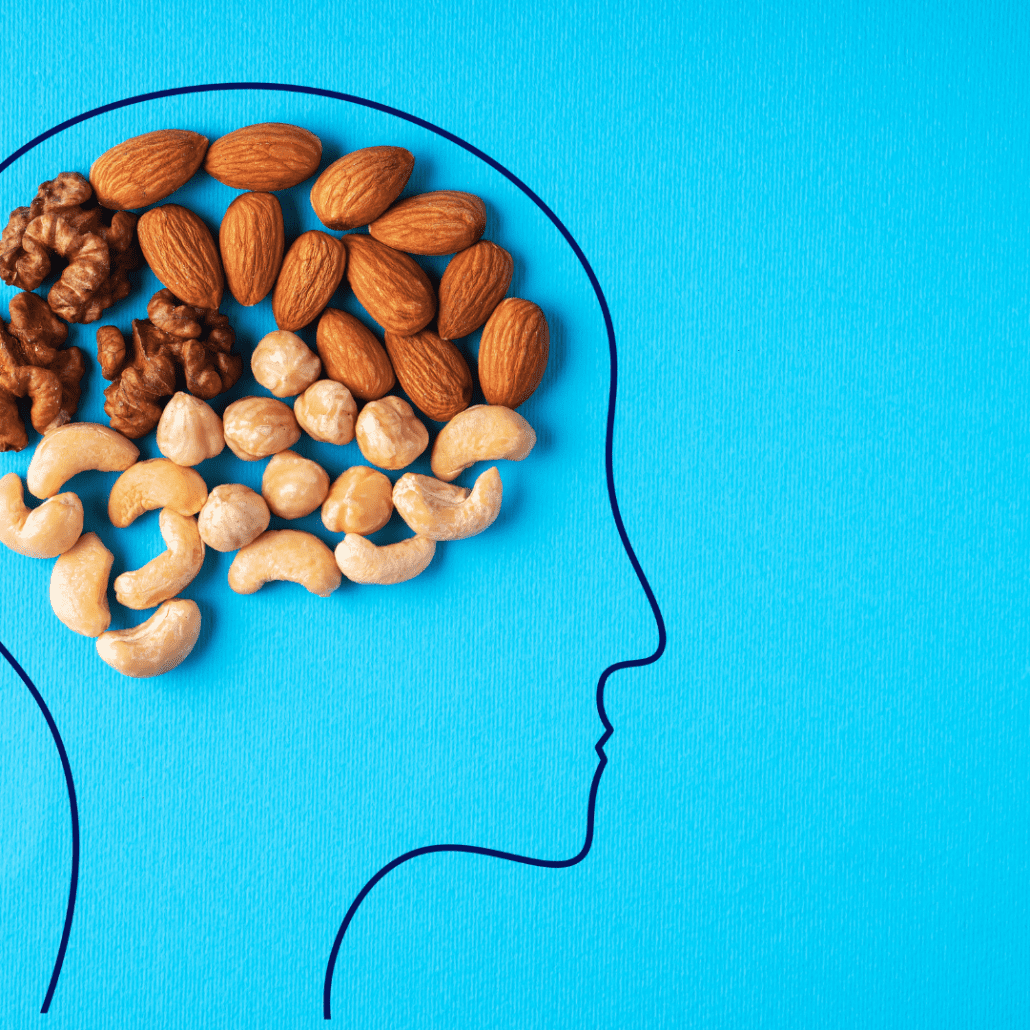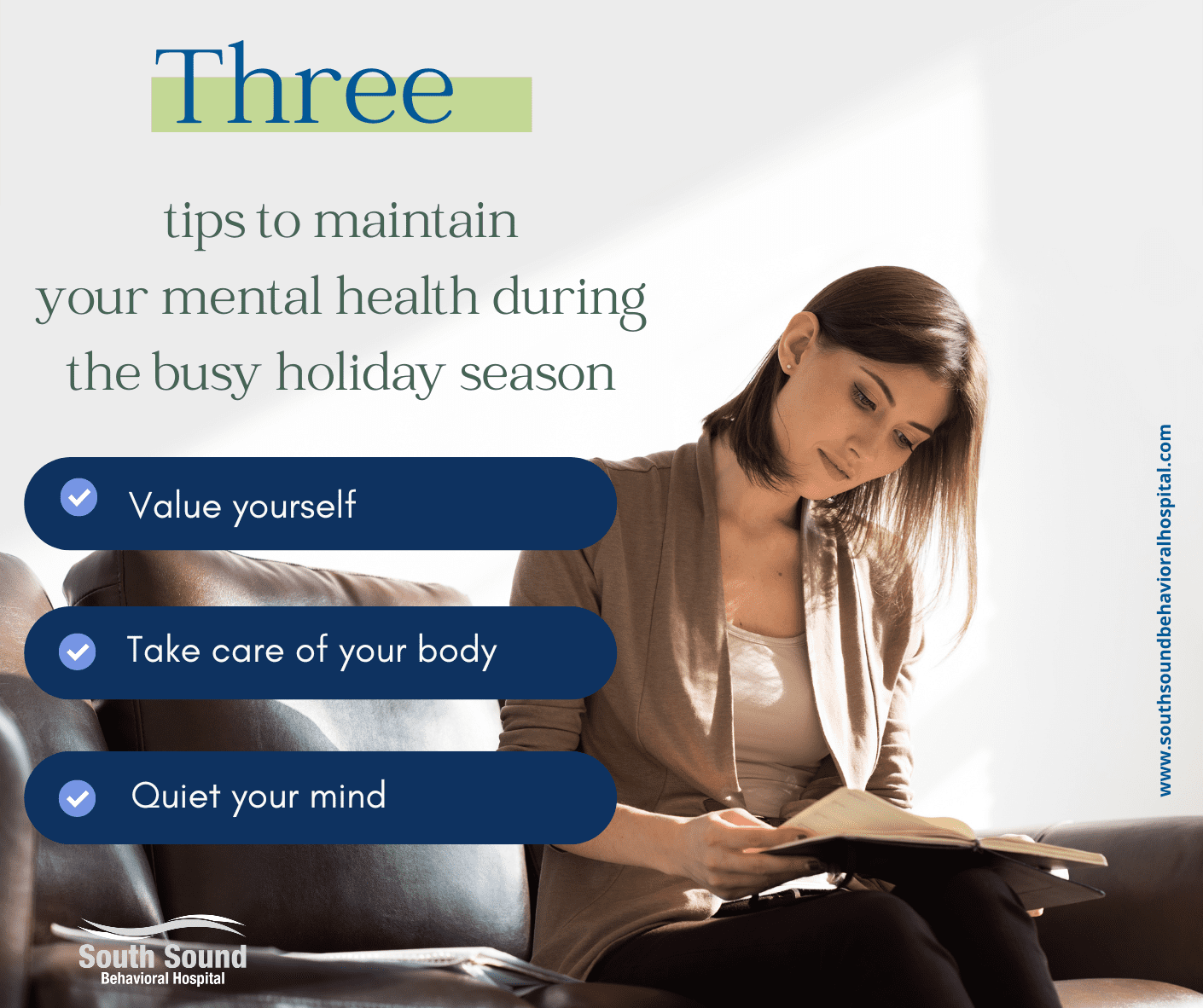Neil Lacanale announced as the Employee of the Year
We at South Sound believe that our employees are our greatest asset. We are proud to announce the winner of the Employee of The Year Award for 2023. This amazing RN serves as one of our House Supervisors. It has been said that she is always willing to help anyone in need and always provides a positive, calm and respectful attitude no matter what the situation. She cares about our patients and always goes the extra mile for them. Her demeanor is as pleasant as her beautiful smile. Here she receives her award from CEO, Neil Lacanale. We are grateful to have such amazing caregivers at our hospital.










